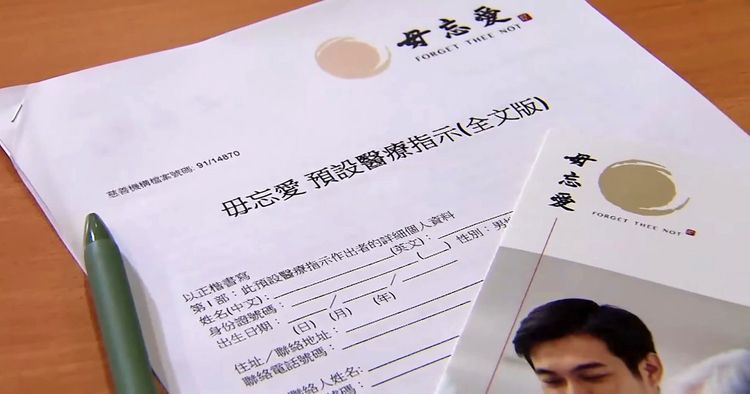Dying in Place
In collaboration with the non-profit organization "Forget Thee Not", we provide on-site end-of-life services to support patients in passing peacefully at home or residential care home.

First Home Visit
$1900
- Doctor home visit (30-60 mins)
- Health assessment
- Advice on medications
- Advice on palliative care
Pre-consultation
eHealth checking
$500
Additional Items
Medications & lab tests
per item
Medication delivery
+$100-200
Remote area surcharge
+$450
Medical certificate
+$500
Medical report
+$900
Follow-up Visit
$1500
- Doctor home visit (15-30 mins)
- Health assessment
- Follow-up on medication
- Advice on palliative care
Tele Follow-up
Doctor tele consultation (5-20 mins)
$500
Additional Items
Medications & lab tests
per item
Medication delivery
+$100-200
Remote area surcharge
+$450
Certification
*After completing the dying at home service intake, a deposit of 50% of the certification fee is required.
$10000*
- Doctor visit to confirm patient's death
- Issue the Medical Certificate of the Cause of Death [Form 18]
- Issue the Medical Certificate (Cremation) [Form 2]
- Sign other relevant documents
Additional Items
Remote area surcharge
+$450

Steps for Service Intake
- Nurse contacts the patient and family
- Conduct an initial assessment of the patient’s condition, home environment and care needs
- Enable eHealth & authorise healthcare providers to review the medical records
- Arrange the doctor’s first home visit
- Sign the Dying at Home Agreement with the family
- Establish a WhatsApp group for communication
- Pay 50% of the certification fee as deposit
For more about the arrangements for dying at home, feel free to contact Forget Thee Not for details.

Keys to A Successful Service
- The patient has a clear wish to die at home
- Multiple dedicated carers with the ability to provide care
- A suitable living environment with necessary facilities
- Support from an experienced health care team
- Proper symptom management & advice for hospital admission if needed
- Close communication between carers and the support team

Physical & Psychosocial Readiness for Carers
- Physical ability to assist the patient with turning and lifting
- Ability to assist with tele-health consultations
- Willingness to manage patient's incontinence and pain
- Awareness of caregiving stress and coping
- Multiple carers to share responsibilities
- Understanding of the possible symptoms and states of a person at the very end
